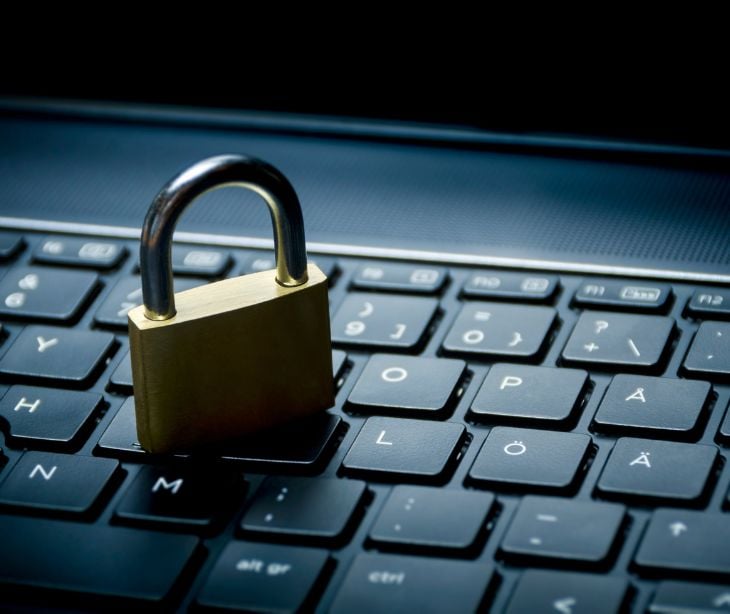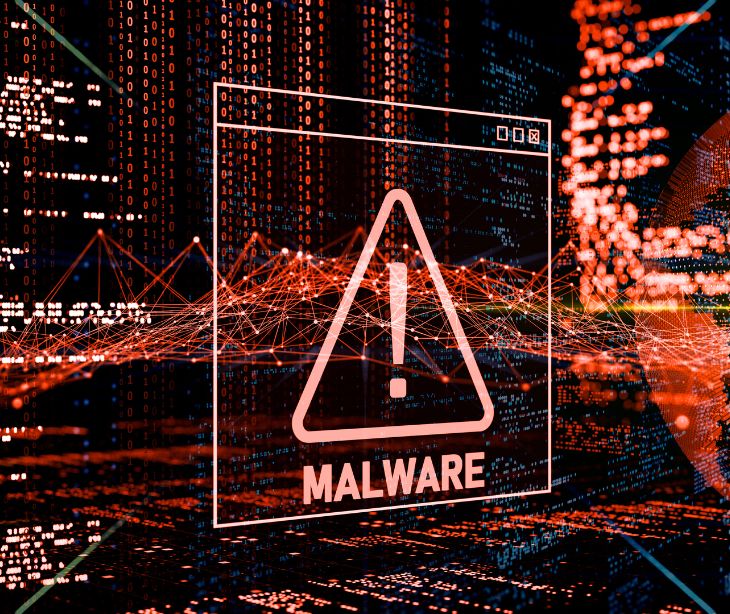
Healthcare organizations can protect themselves from business email compromise (BEC) attacks by providing staff education on phishing and email best practices, using email authentication and encryption for data protection, enforcing strict verification procedures for transactions, implementing multi-factor authentication (MFA), maintaining robust spam filters and software updates, and having a tested incident response plan to promptly detect and mitigate BEC incidents, ensuring patient data security and HIPAA compliance.
Understanding business email compromise (BEC) attacks
BEC attacks in healthcare involve cybercriminals impersonating trusted entities like colleagues, vendors, or executives to deceive staff into disclosing sensitive information or initiating unauthorized transactions. Tactics include sophisticated email spoofing and social engineering, exploiting human trust rather than technical flaws. According to the HHS, "It is one of the most damaging and expensive types of phishing attacks in existence, costing businesses billions of dollars each year.". These incidents jeopardize patient privacy, compromise organizational integrity, and threaten HIPAA compliance.
Implications for HIPAA compliance
Healthcare organizations must adhere to stringent HIPAA regulations to safeguard protected health information (PHI) and ensure HIPAA compliant email communication. BEC attacks jeopardize compliance by potentially exposing PHI through unauthorized access or improper disclosures. Violations can result in substantial fines, legal consequences, and irreparable damage to reputation.
HIPAA mandates robust safeguards for PHI, including encryption for data protection and strict access controls. BEC attacks exploit lapses in these defenses, stressing the need for proactive measures to mitigate risks.
Strategies to combat BEC attacks
- Staff education and awareness: Regular cybersecurity training should cover identifying phishing attempts, recognizing email red flags (like urgent requests or unusual sender addresses), and reporting suspicious activities promptly. Simulated phishing exercises enhance preparedness and empower staff to thwart BEC attempts effectively.
- Technical safeguards: Implementing robust email authentication protocols can prevent email spoofing and enhance overall email security. Encrypting PHI in transit and at rest ensures data remains unreadable if intercepted, reinforcing protection against unauthorized access. MFA adds an extra layer of security for accessing systems containing PHI or processing financial transactions, significantly reducing vulnerability to BEC attacks.
- Internal procedures and policies: Develop procedures for validating requests involving financial transactions or sensitive data sharing such as requiring phone confirmations with known contacts or following predefined approval workflows. Apply the principle of least privilege to restrict access to patient data to authorized personnel only, limiting exposure in the event of a security breach. Create and rehearse an incident response plan tailored to BEC incidents, ensuring swift and effective responses, mitigating potential damage, and facilitating compliance with HIPAA breach notification requirements.
- Additional measures: Maintain robust spam filtering solutions to intercept suspicious emails before reaching employee inboxes. Regular updates and patches for all software and systems mitigate vulnerabilities that BEC attackers exploit. Continuous monitoring and adaptation of cybersecurity strategies further strengthen defenses against evolving threats.
Related: Tips for cybersecurity in healthcare
FAQs
What is the importance of MFA in defending against BEC attacks?
MFA adds an extra layer of security by requiring additional verification beyond passwords, making it significantly harder for attackers to gain unauthorized access to systems containing sensitive patient data or financial information.
Read more: Enhancing HIPAA compliance with multi-factor authentication
How can healthcare staff identify potential phishing attempts related to BEC attacks?
Train staff to look for red flags like urgent requests for payment, unfamiliar sender email addresses, and grammatical errors in emails purportedly from known colleagues or vendors, which are common in BEC phishing attempts.
What proactive steps can healthcare organizations take to enhance their resilience against BEC attacks?
Proactive measures involve regular risk assessments, implementation of advanced email authentication protocols, and promotion of cybersecurity awareness through ongoing training and simulated phishing exercises.
Subscribe to Paubox Weekly
Every Friday we'll bring you the most important news from Paubox. Our aim is to make you smarter, faster.






